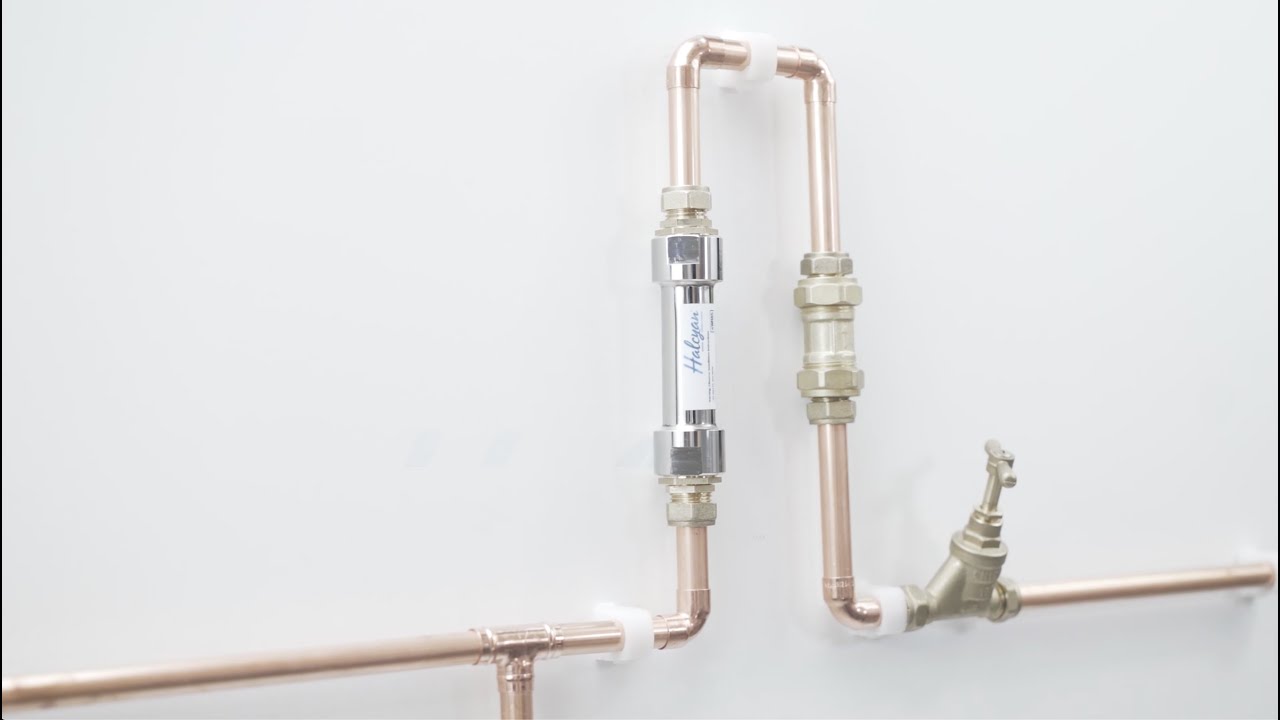Introduction
Whether you’re starting a roofing or construction business, there is a range of safety practices to keep in mind before allowing your team members to work at height. Although many things are happening at the jobsite, your team’s safety should be of uttermost importance.
In modern times, people mostly come with roof restoration problems. And if your team cannot serve on time with trust, your business will be nowhere near to making a profit.
We understand that your workers are probably experienced professionals. Still, everyone makes mistakes, which is why it’s advisable to check out these roofing safety tips and remind your workers how to stay safe while working in places that can cause personal injuries.
Work in pairs
One of the first things to remember when working at heights is that climbing the roof alone can be extremely dangerous. This is because a person on the roof is isolated, making it difficult for other workers to jump in and provide support if the worker on the roof gets injured. Therefore, you can improve workplace safety by conditioning your team members to never go on the roof alone.
This simple solution is a great way to enforce safety in the workplace and minimise the risk of injuries. However, there’s always going to be someone who doesn’t like to follow orders. Still, there are many ways to manage employees if they don’t carry out your instructions, such as explaining the possible consequences of their actions.
Schedule inspections
A lot of things can happen when building or replacing a roof. For example, roof tiles can break, mould and mildew can appear out of nowhere, and rotten parts can crumble under the weight of your workers. So, to prevent that from happening, be sure to schedule regular inspections on your jobsite and have someone check the roof before allowing a group of workers to continue with their work.
What’s more, it would be best to document the inspections and share the information with everyone on the construction site. Regular roof inspections can help you avoid potential safety hazards and ensure everyone gets home safe after the work is done.
Train your team
Your team is responsible for their safety as much as you are. So no matter how often you inform them about consequences or dangers, it’s also of great importance to invest in safety training. That way, your workers will know how to handle and control hazards.
It’s worth mentioning that demonstration is another way to prevent accidents. Teach your workers how to use certain tools and equipment, and train them to report suspicious or unsafe behaviours.
Prevent heat stress
Working on a construction site during summer can easily become unbearable due to extreme weather. Luckily, there are many ways to prevent heatstroke and improve your workers’ well being with minimal effort. For example, schedule regular breaks and ensure there’s enough bottled water available to all workers. On top of that, you can adjust the job schedules to help your workers stay cool on the construction site in the summer heat.
Next, a cooling station where your workers can rest in the shade can boost their productivity and allow them to freshen up before going back to work. Finally, encourage your workers to frequently change their clothes and wear sweat-resistant hats or helmets.
Use safety equipment
It’s important to invest in quality personal protective equipment because it protects your team members against safety and health risks. Although a roof worker won’t need chemical splash goggles or full-face shields, a comfortable and shock-absorbing roof safety harness is a must-have to improve their chances of surviving a fall.
More importantly, teach your workers how to properly use their safety equipment. Safety equipment is mandatory, but keep in mind that you need to find the right size for each worker to ensure comfort.
Keep the work area clean
Last but not least, keeping your construction site clean will minimise the risk of trips, slips, or falls. Take care of oil or paint spills, ensure the nails and other sharp objects are kept in a safe container, and mark all unsafe access points and holes. What’s more, encourage your workers to keep their equipment clean and make sure it doesn’t stay on the roof for an excessive amount of time.
More importantly, protect the power cords from moisture and ensure all devices are unplugged at the end of each day. Finally, if you’re working in an area where it rains a lot, please adjust your work schedule and wait for the materials and machinery to dry before inviting your workers to complete their projects.
Conclusion
Team members who have a lot of work experience will often refuse to follow the safety tips. Still, it’s important to promote safe behaviours in the workplace and encourage your team members to protect themselves and other workers from potential dangers.
These tips will undoubtedly help you improve workplace safety. So, start working on a new safety plan, invest in quality safety equipment and implement new measures to ensure workplace safety.





